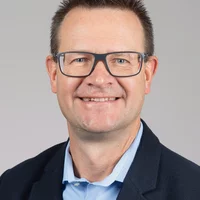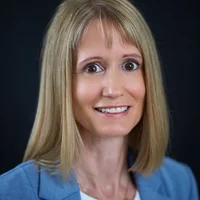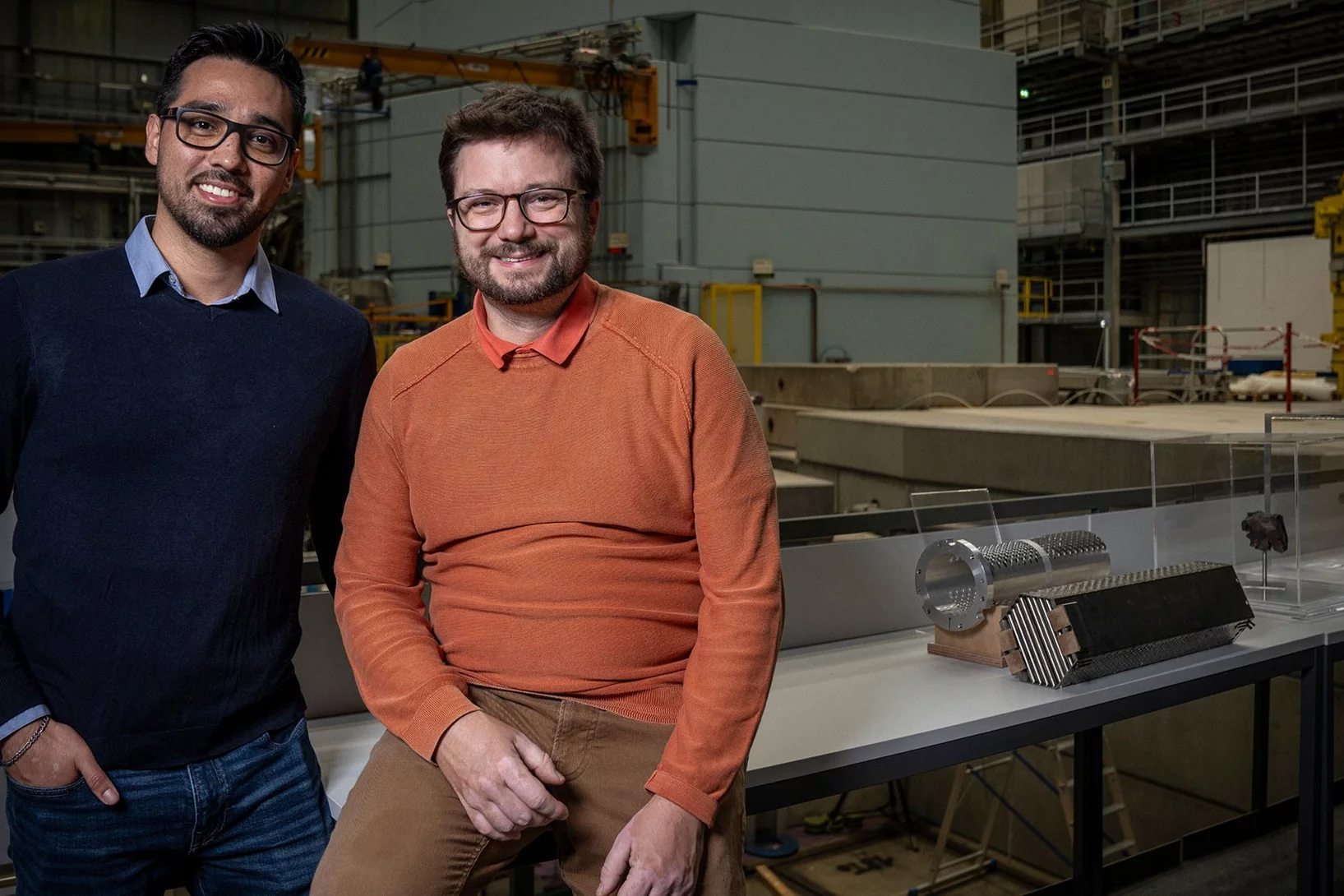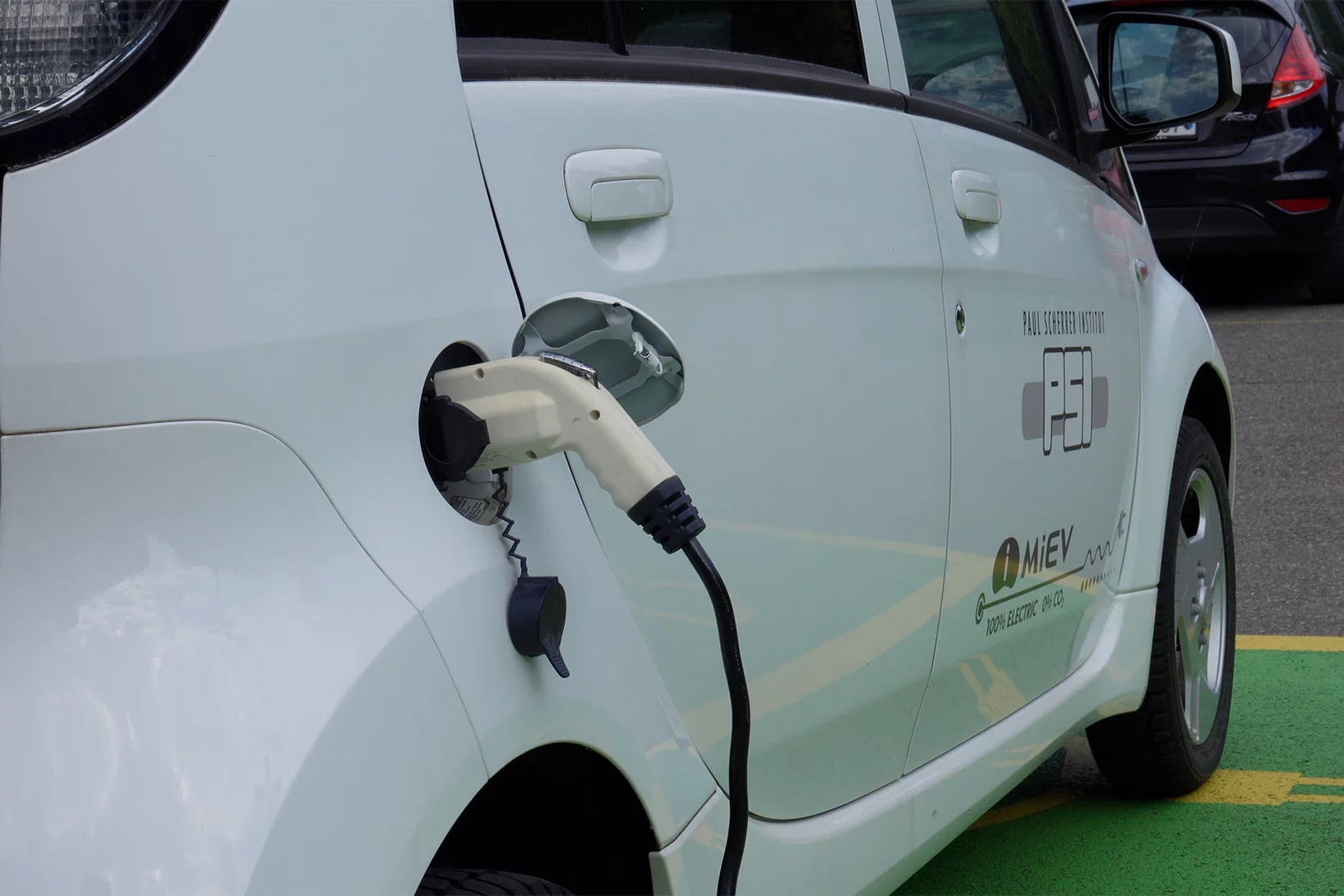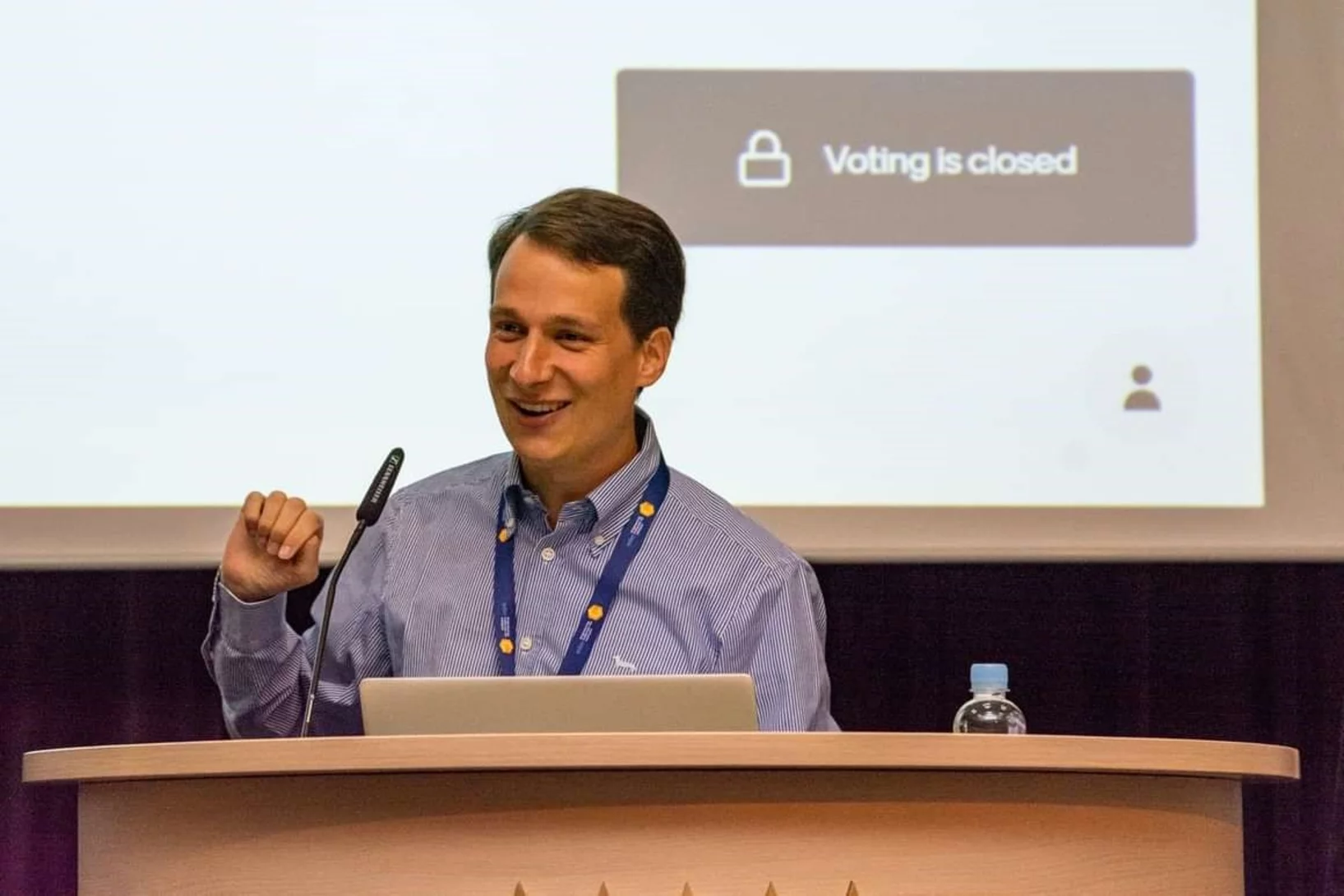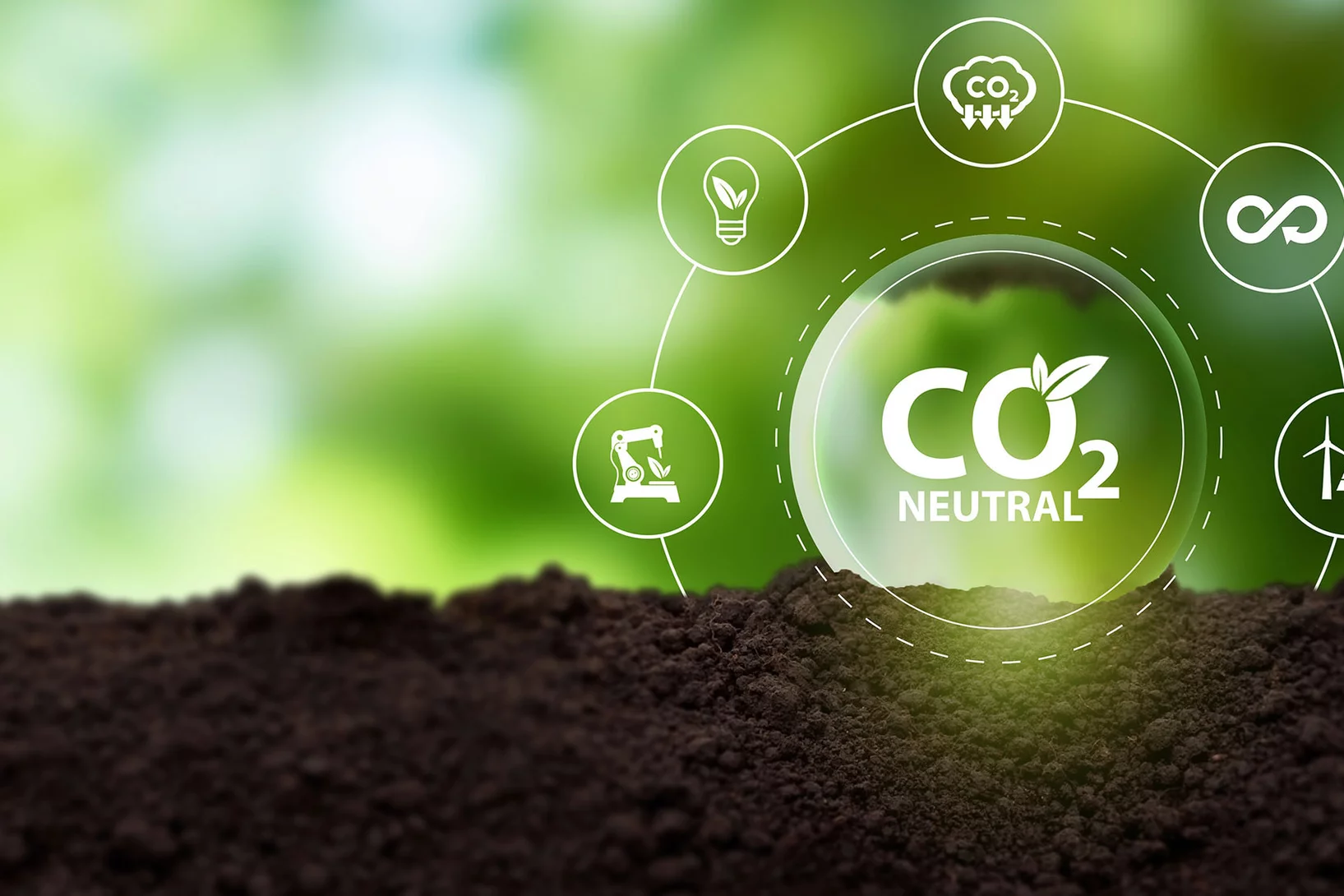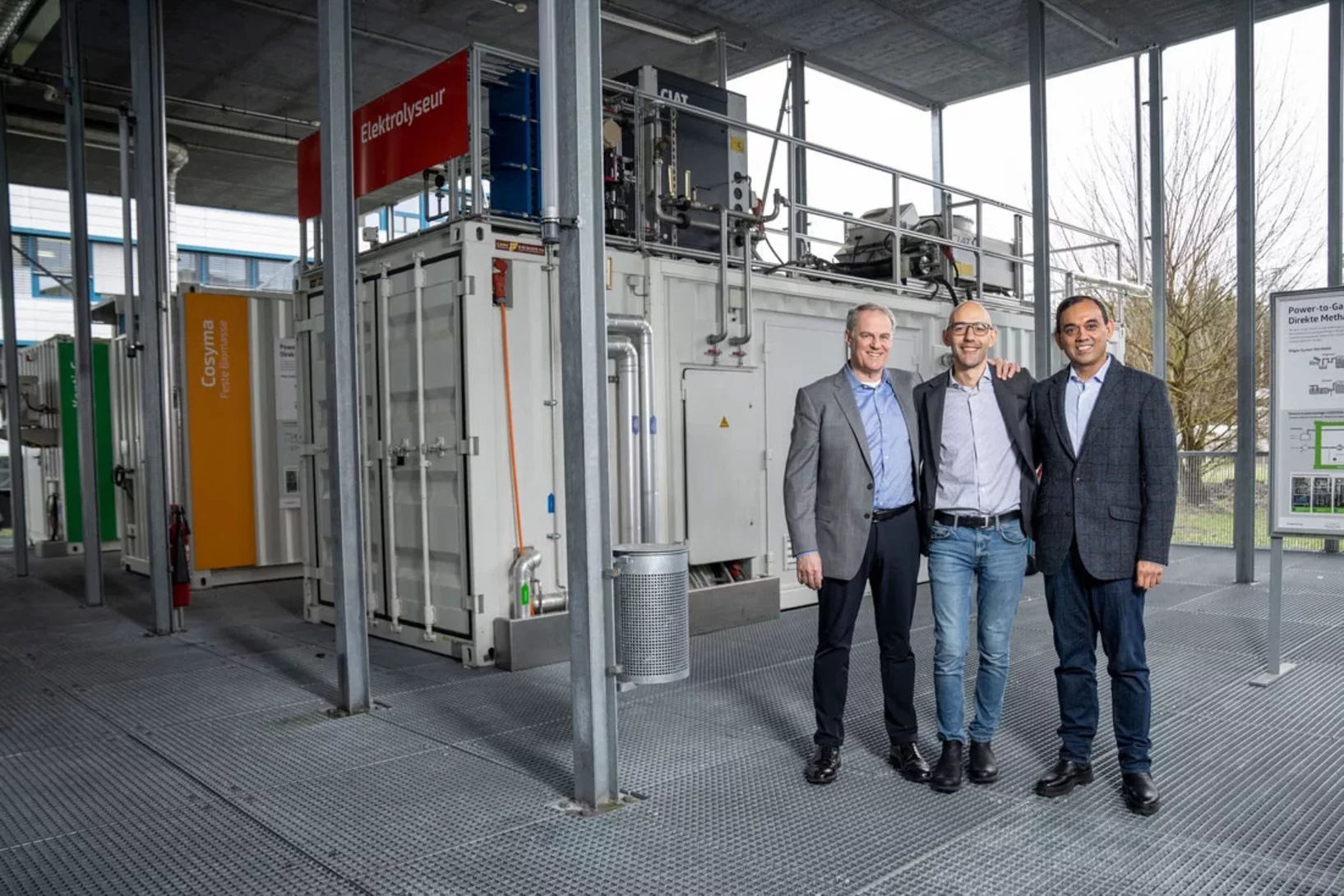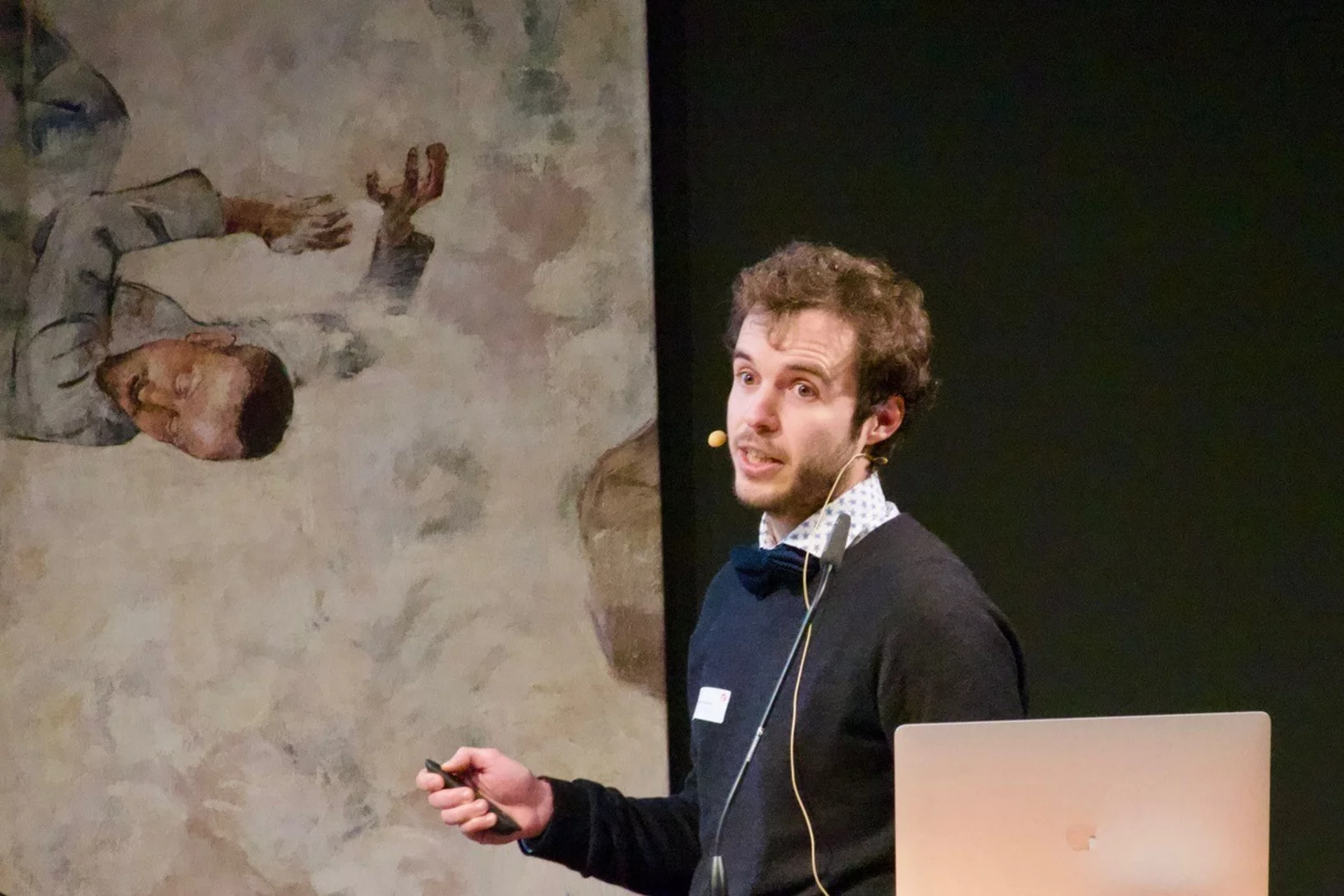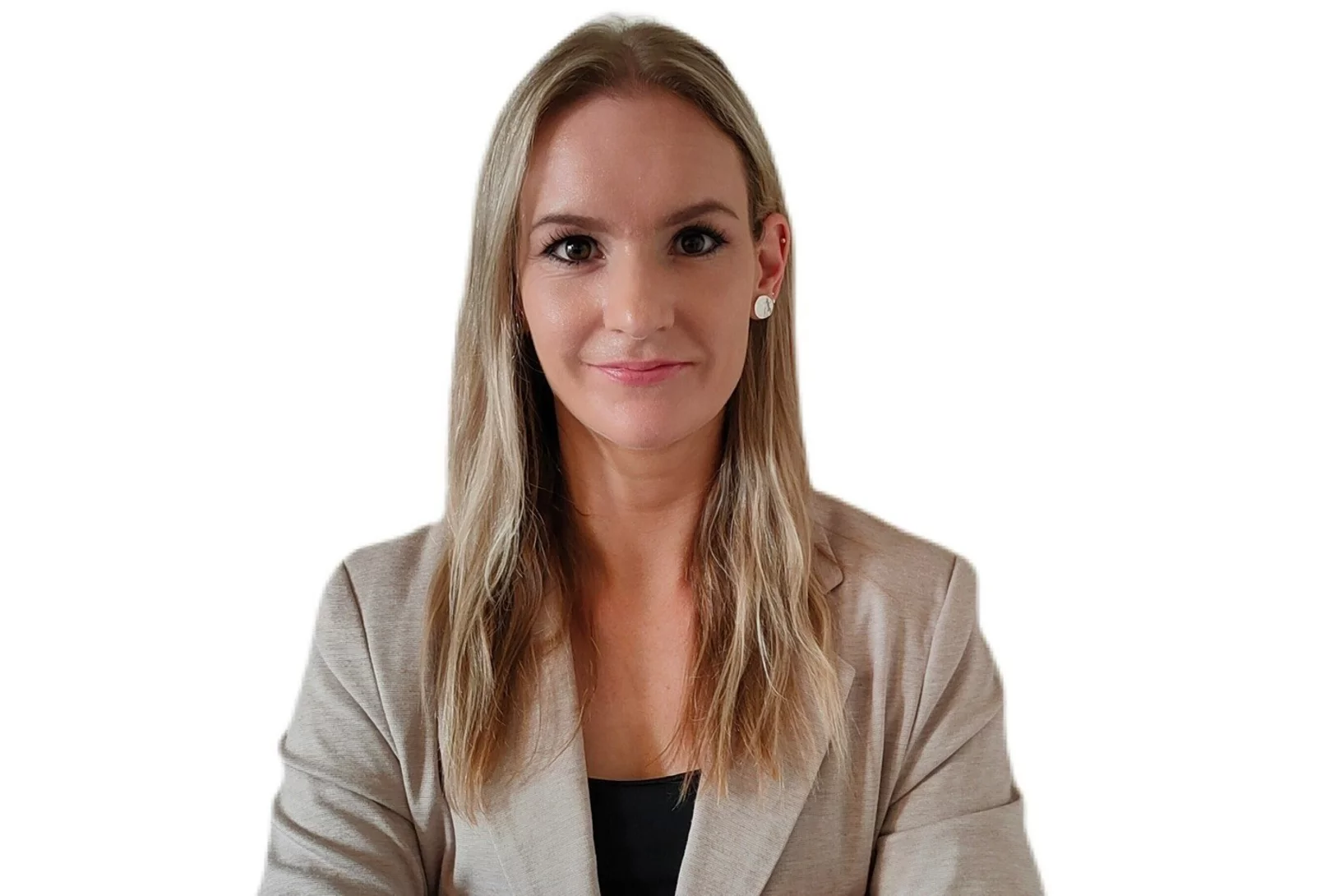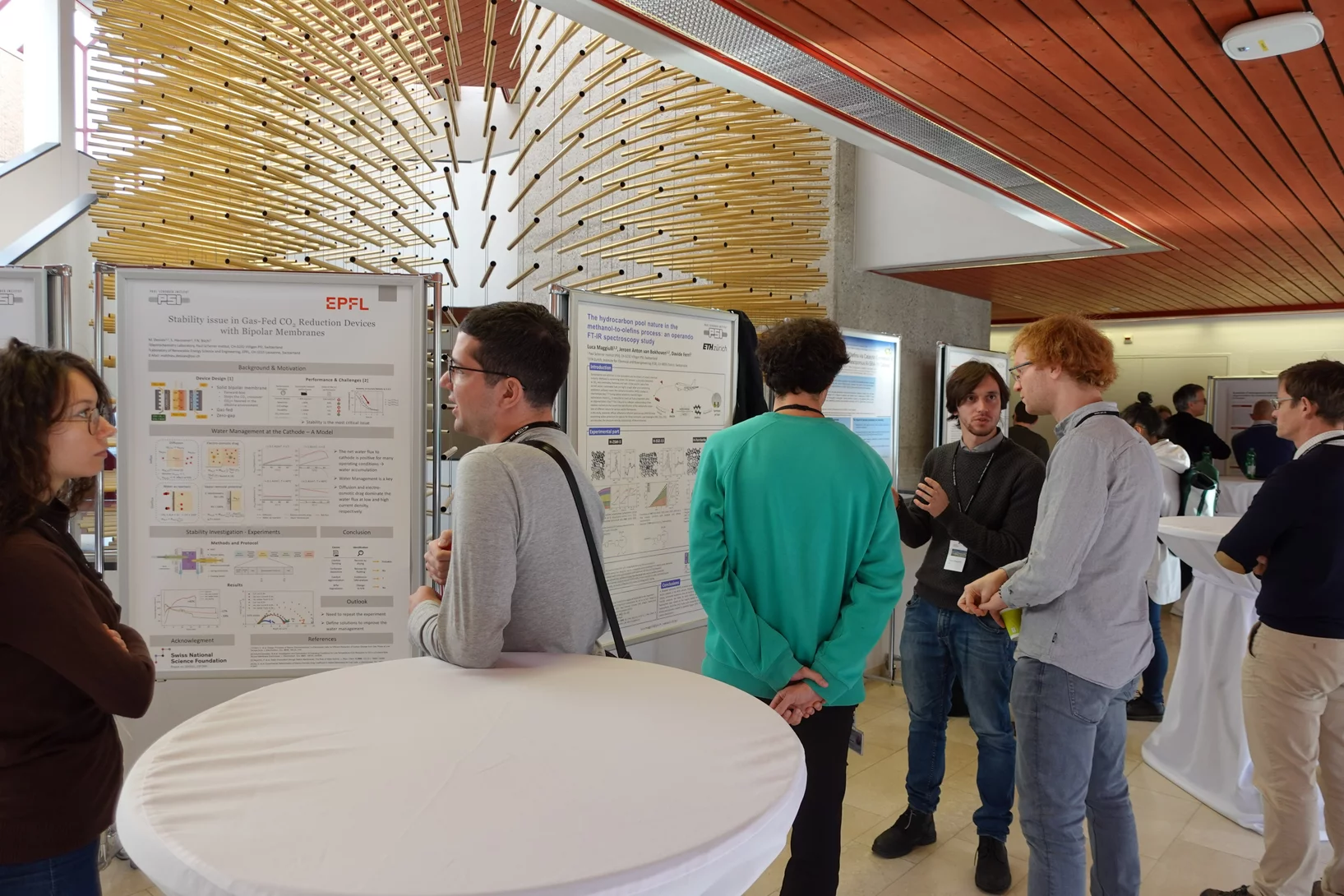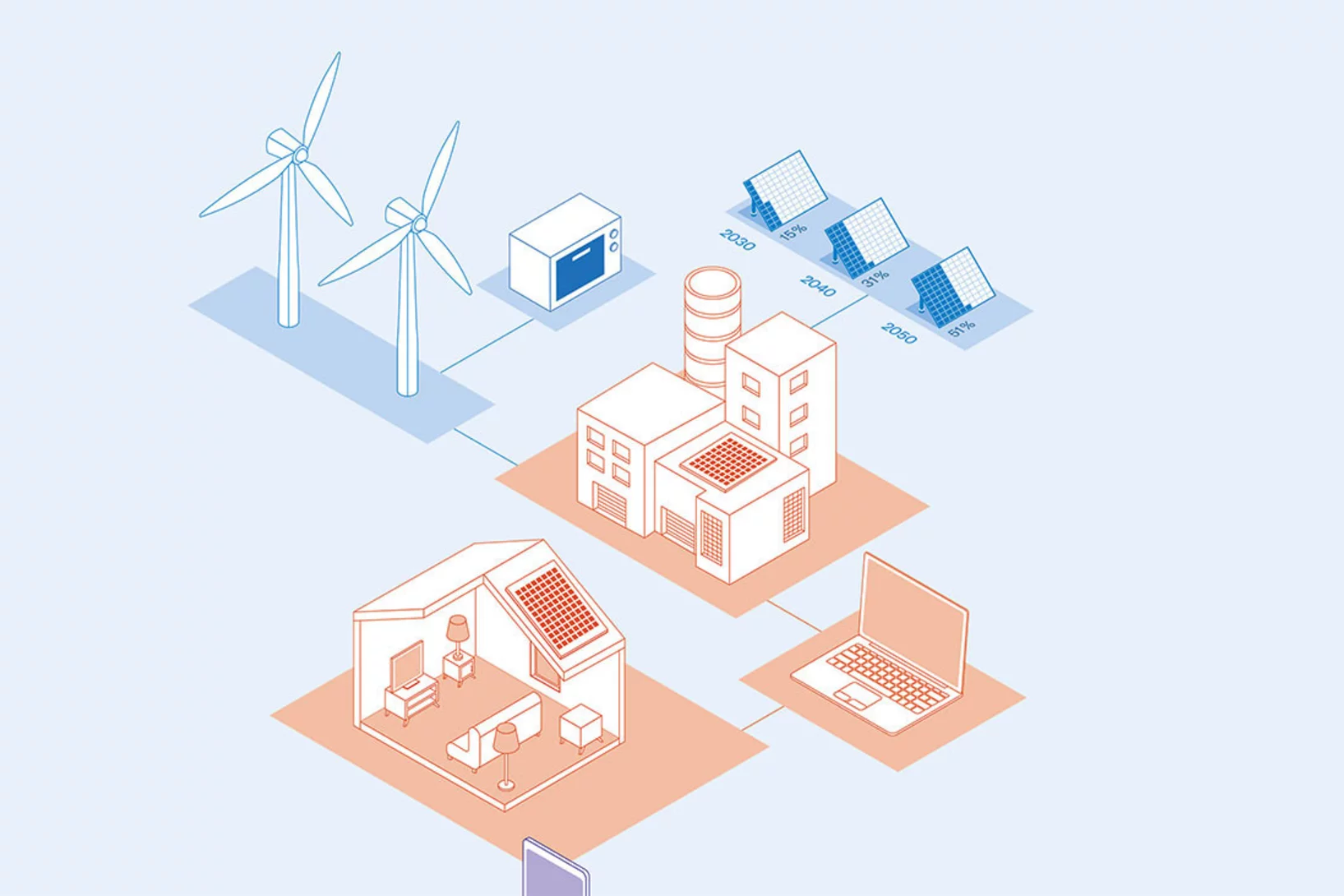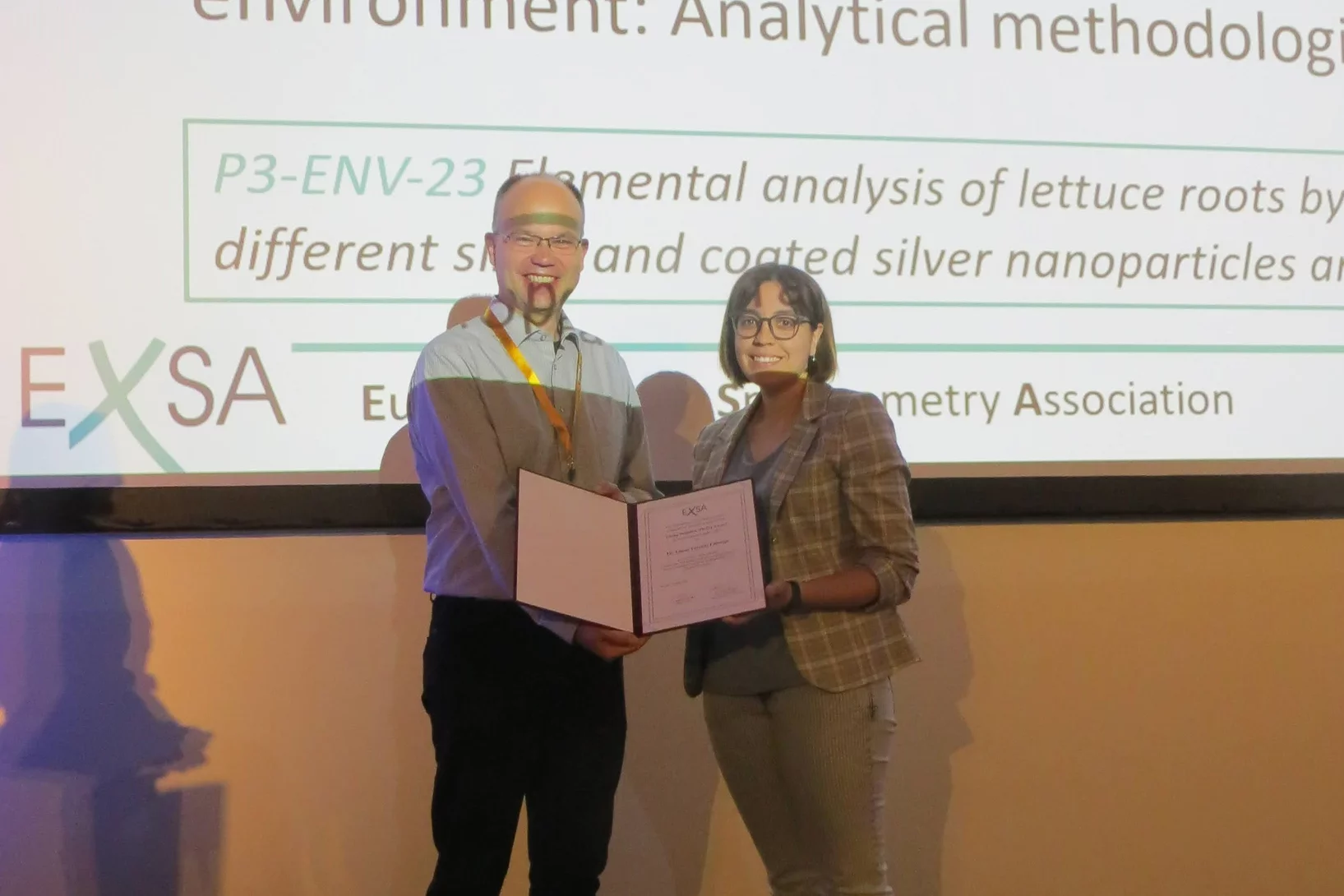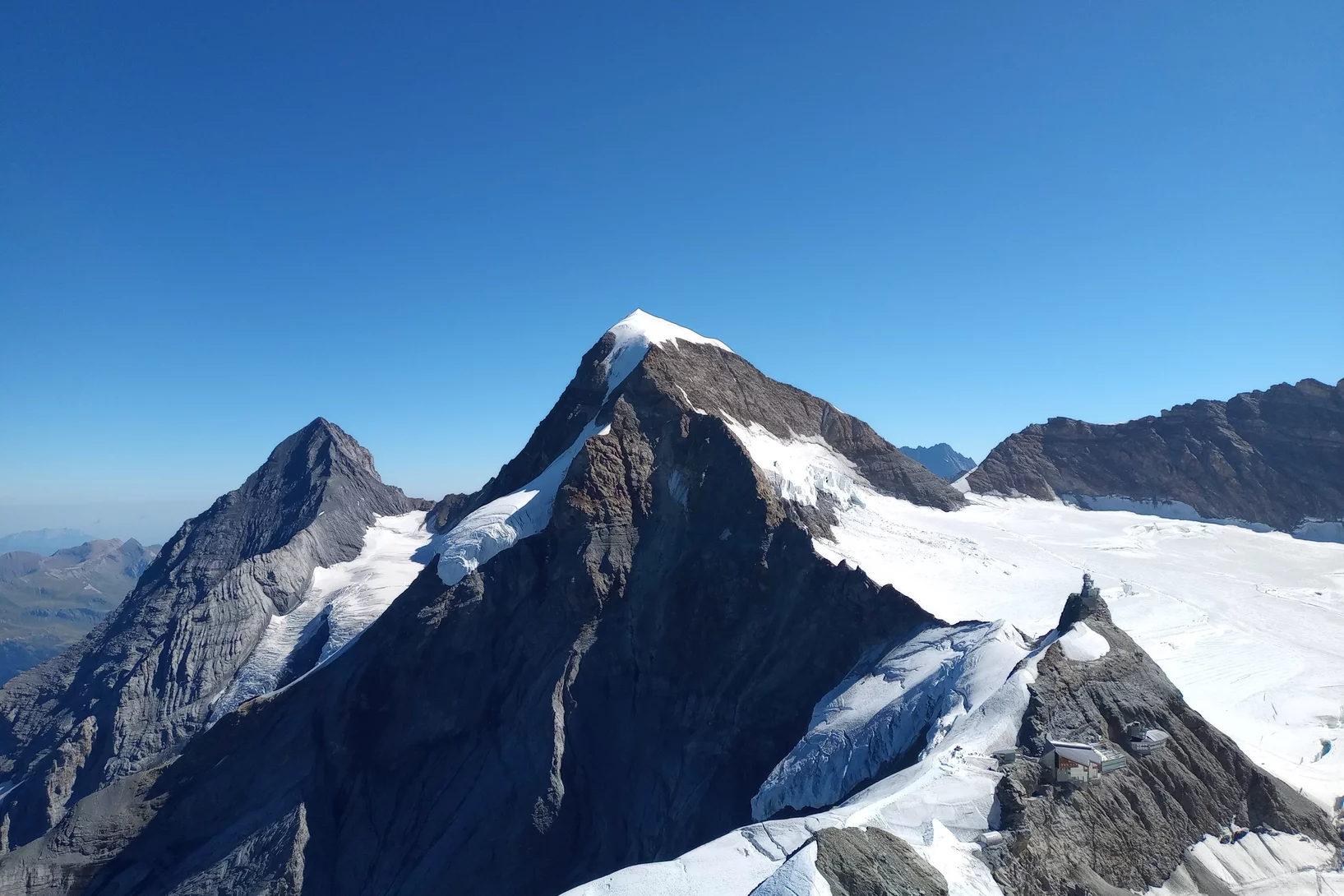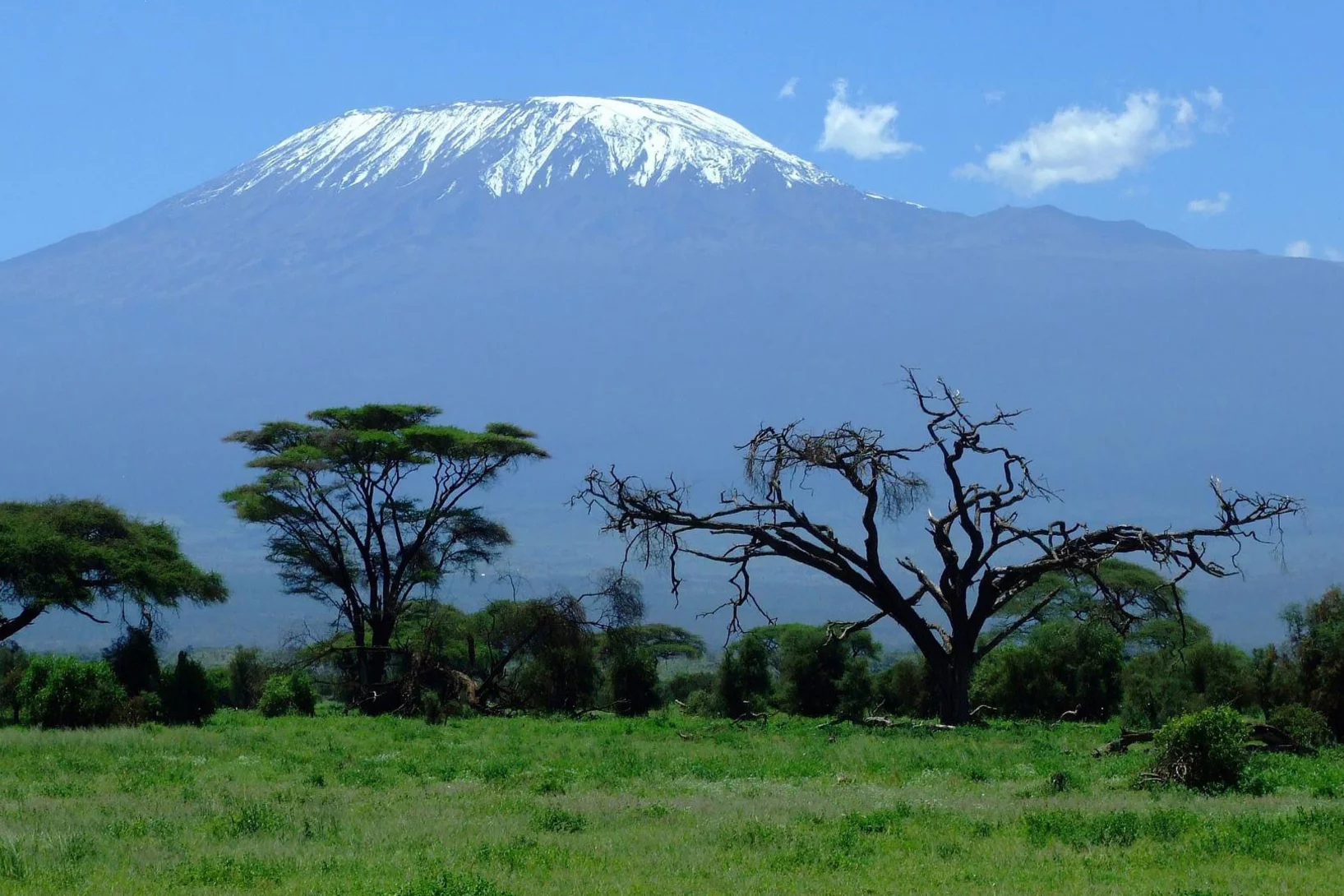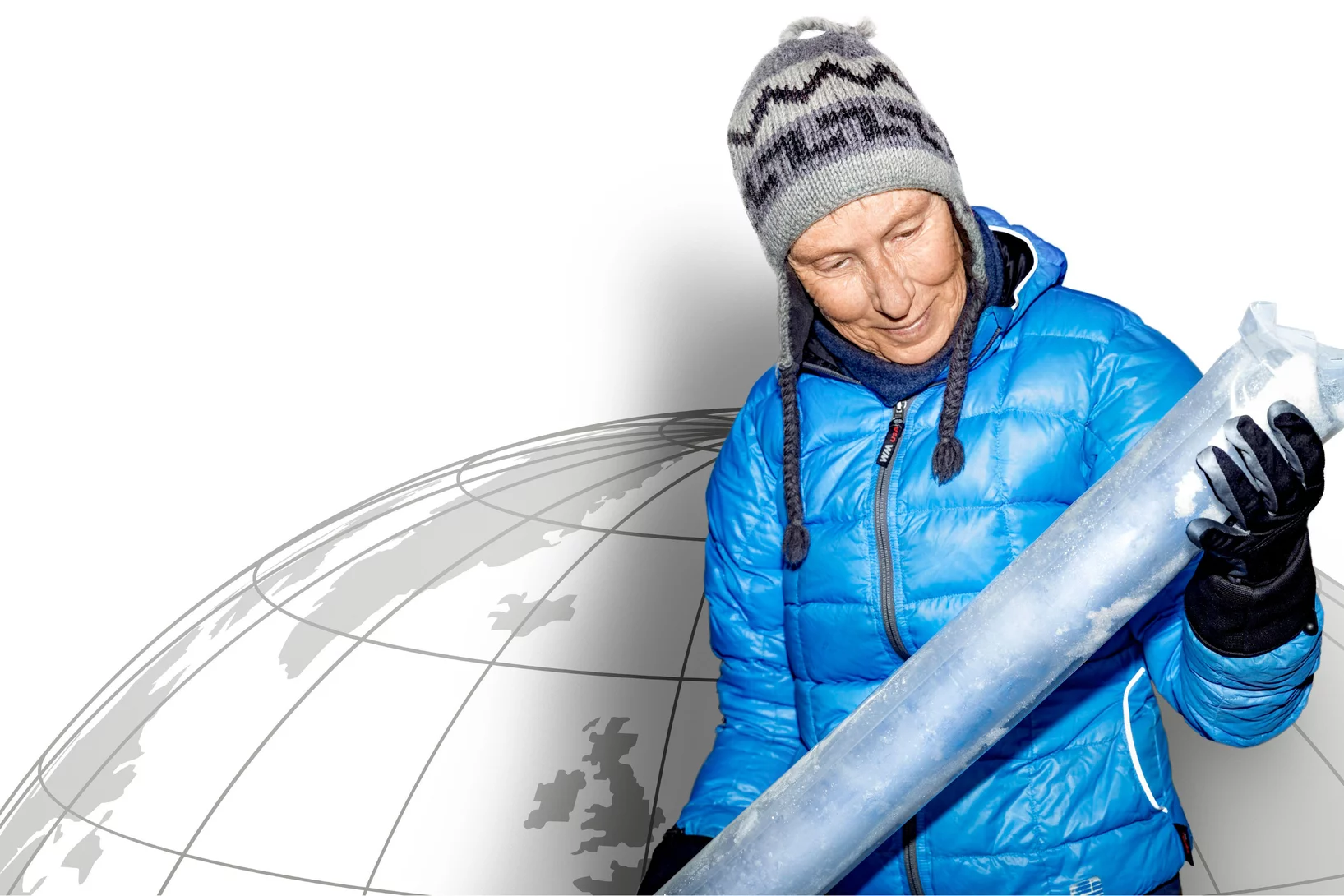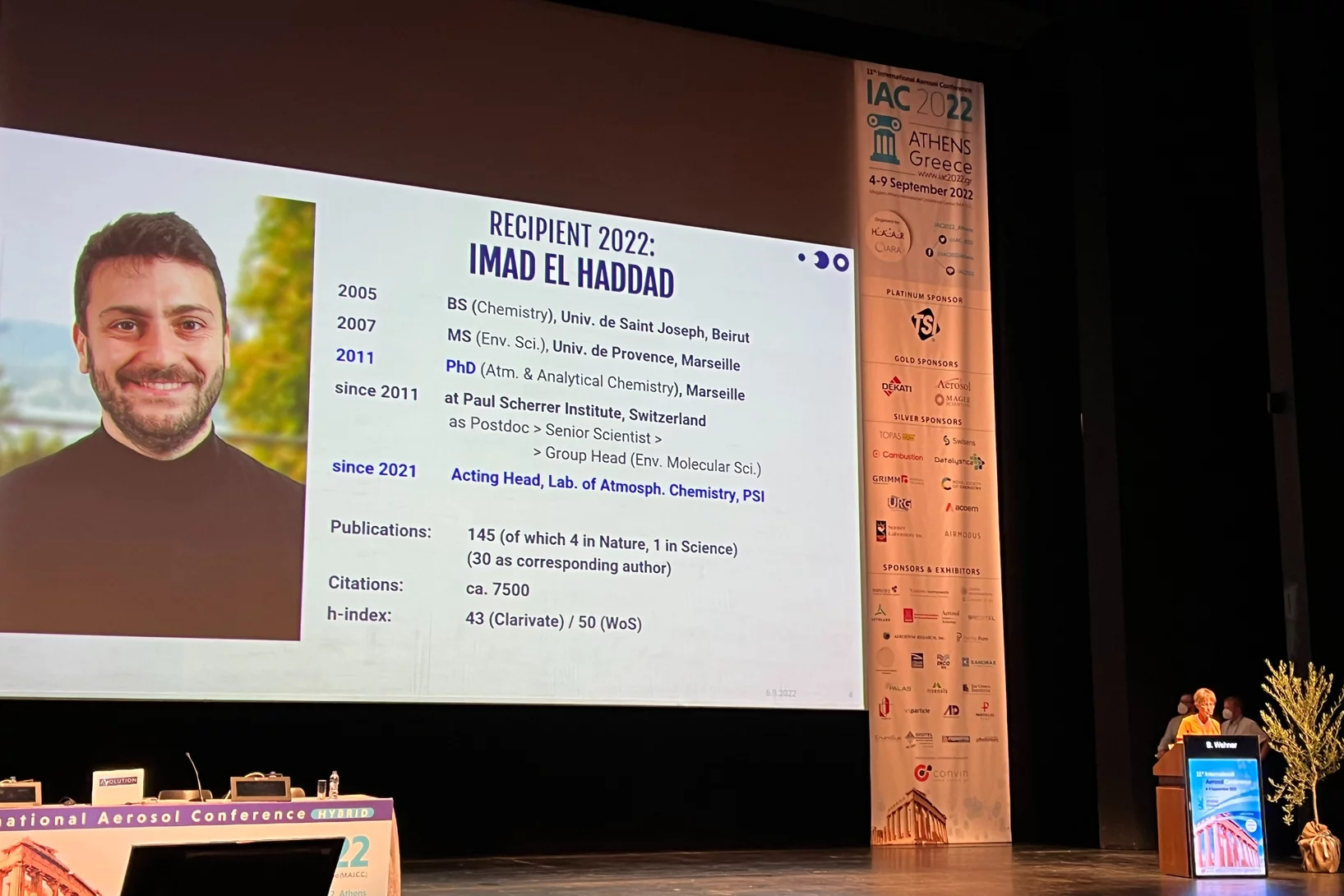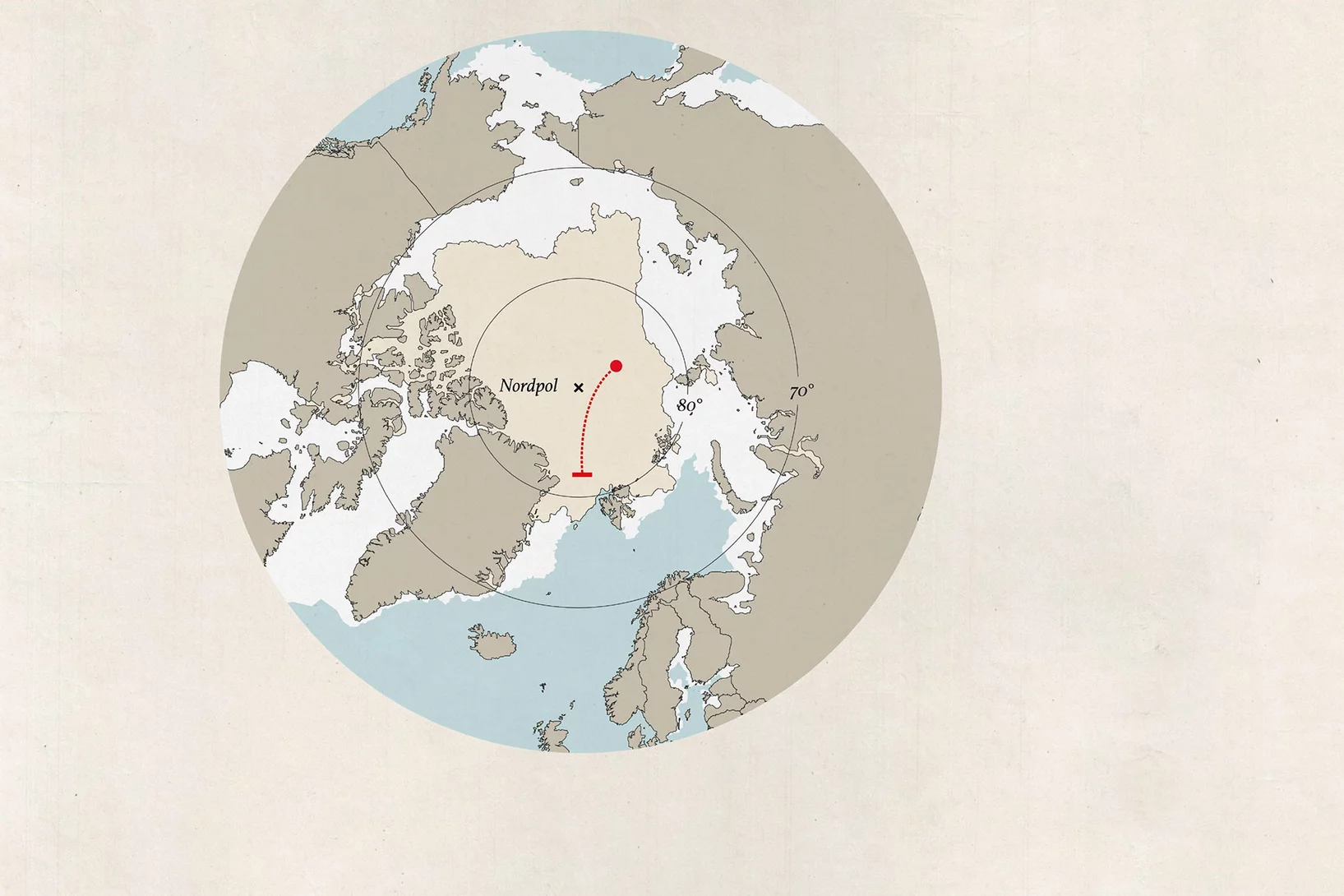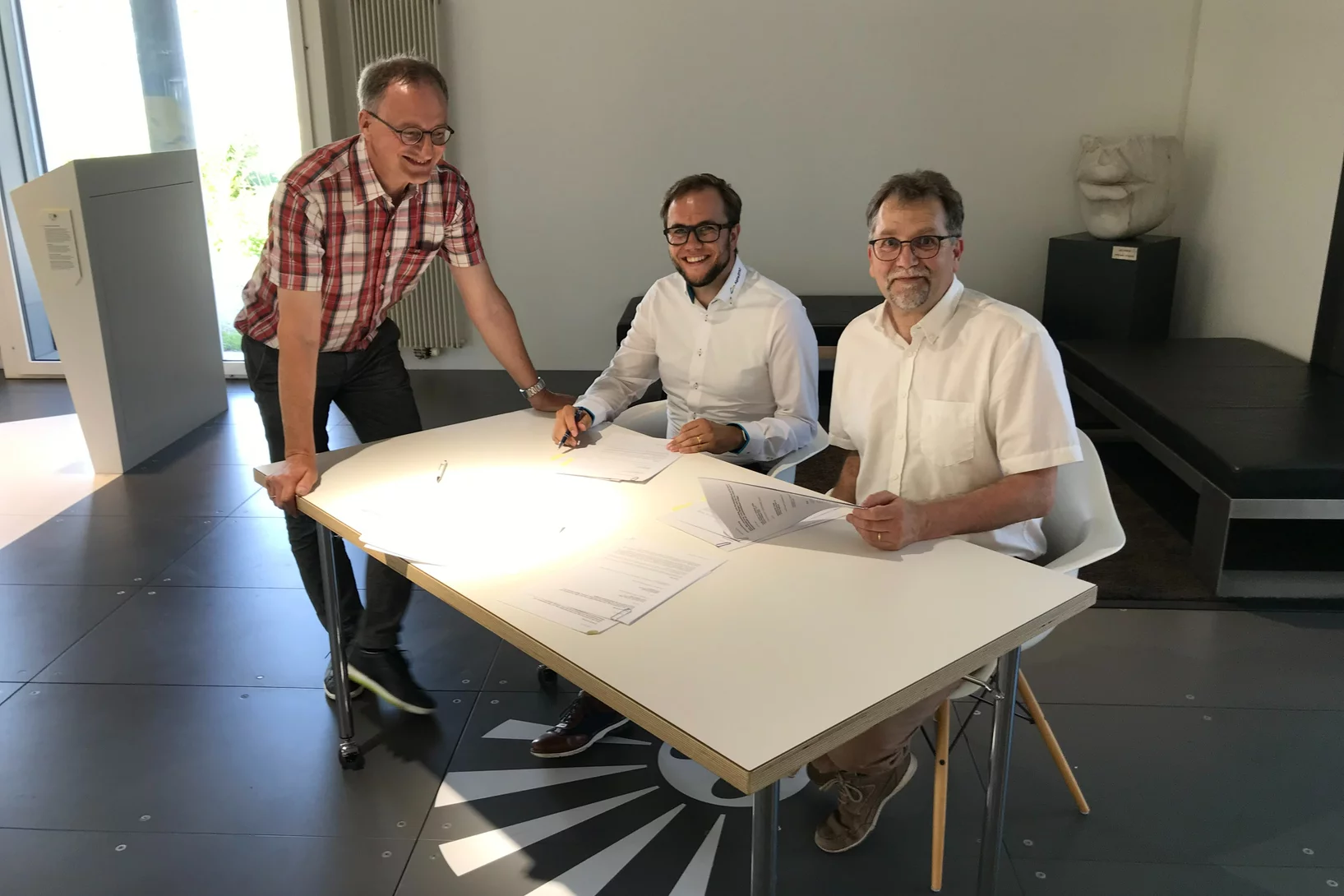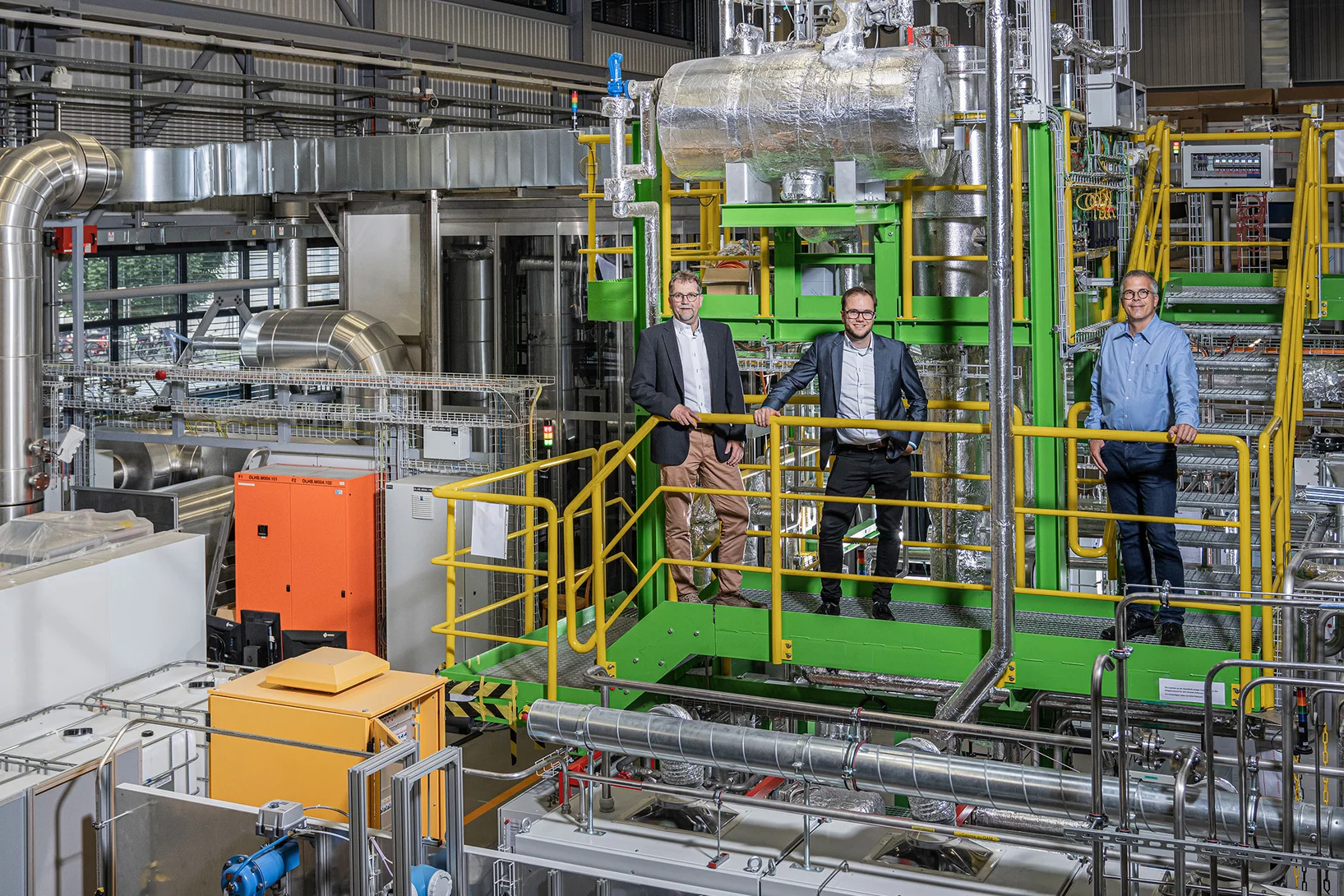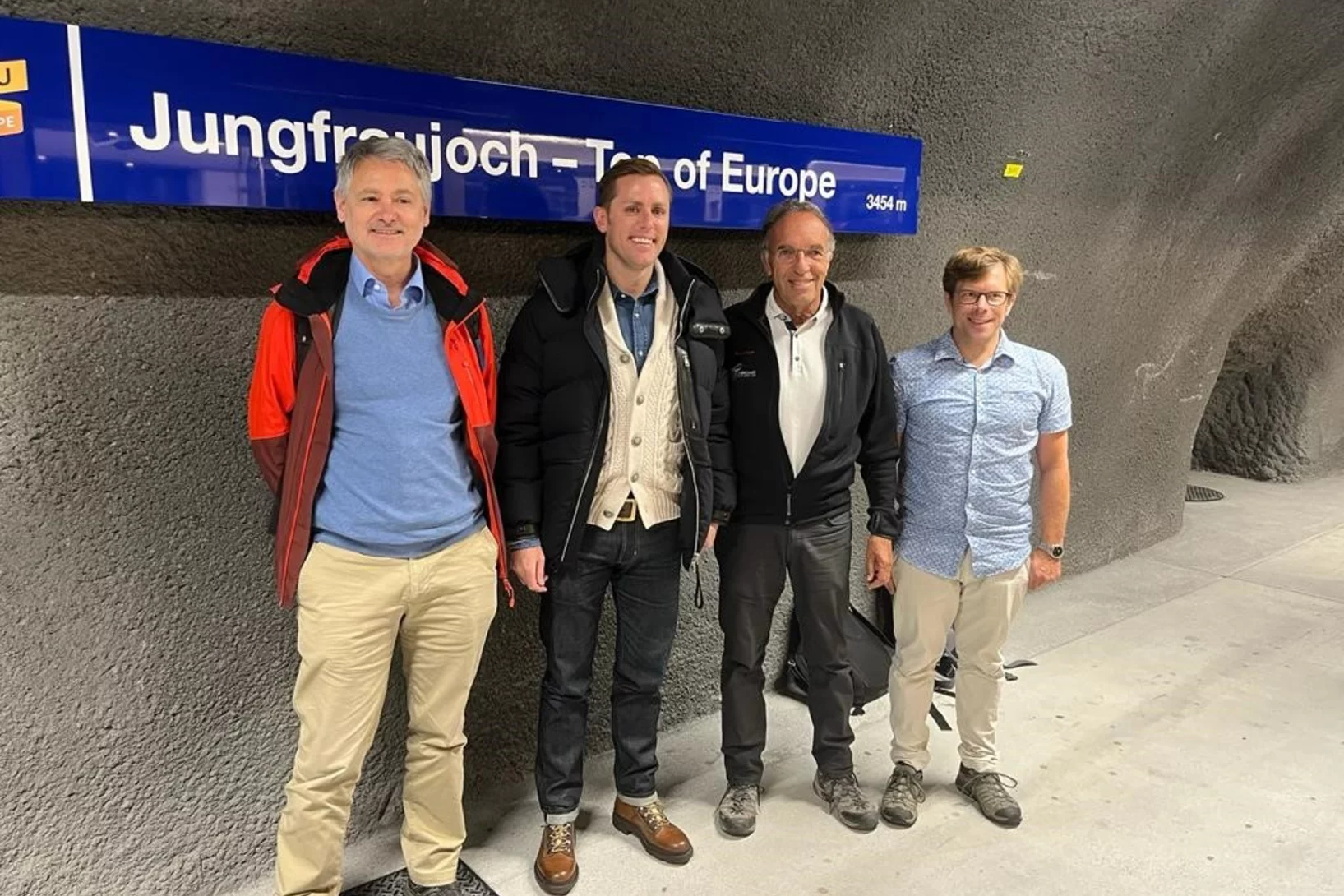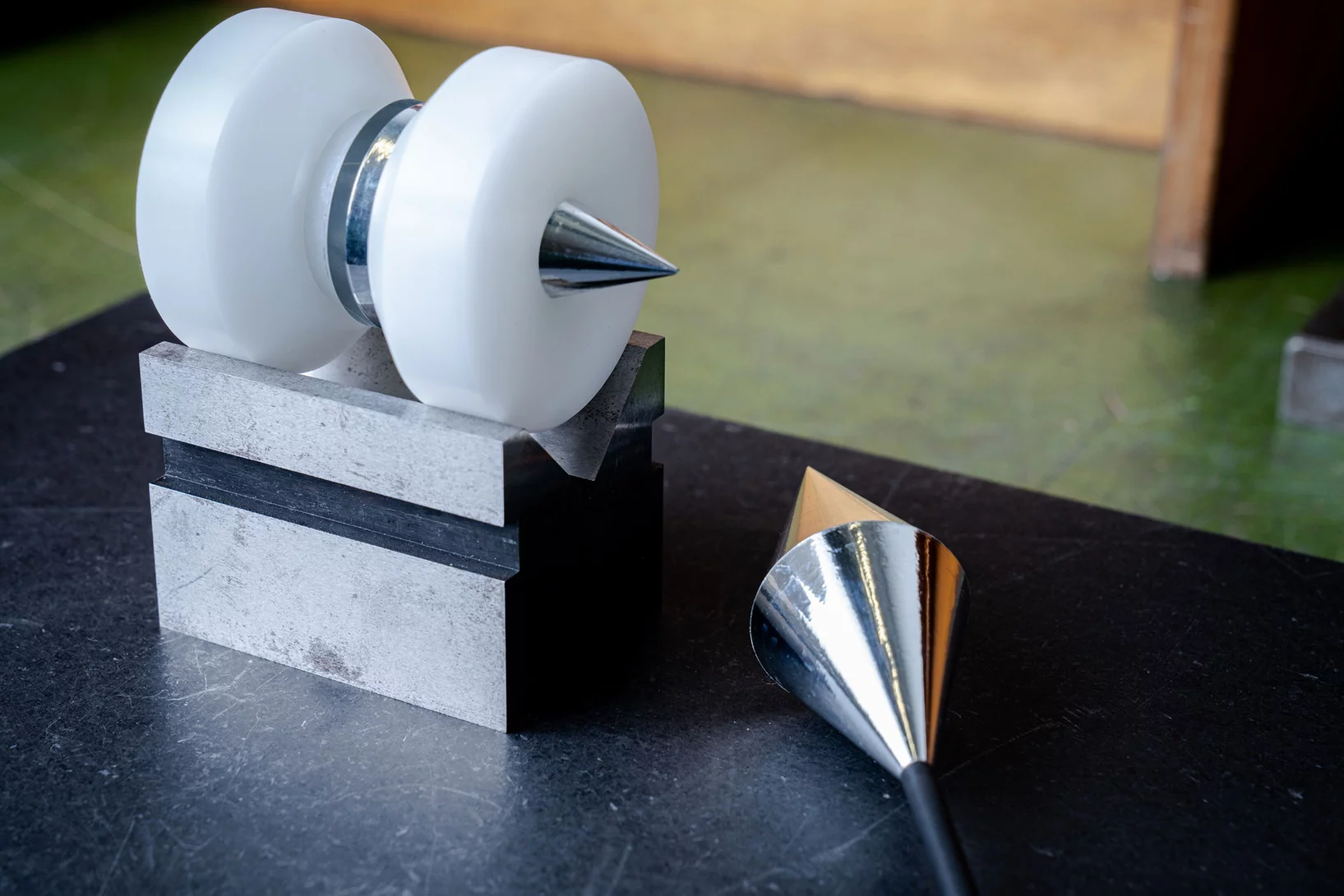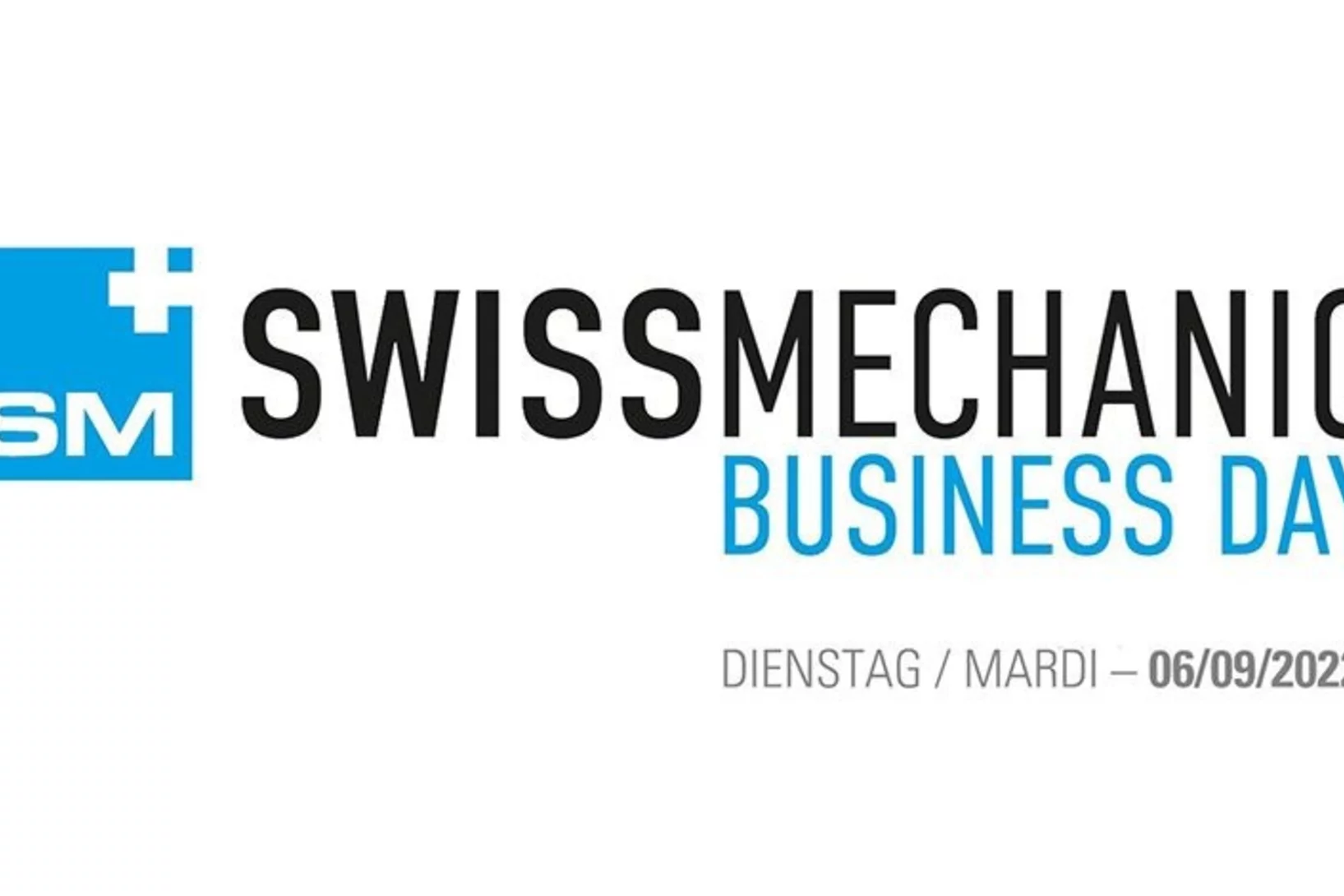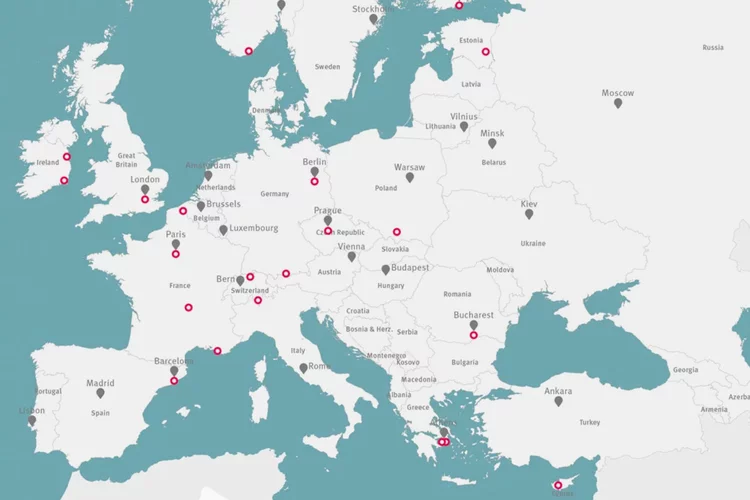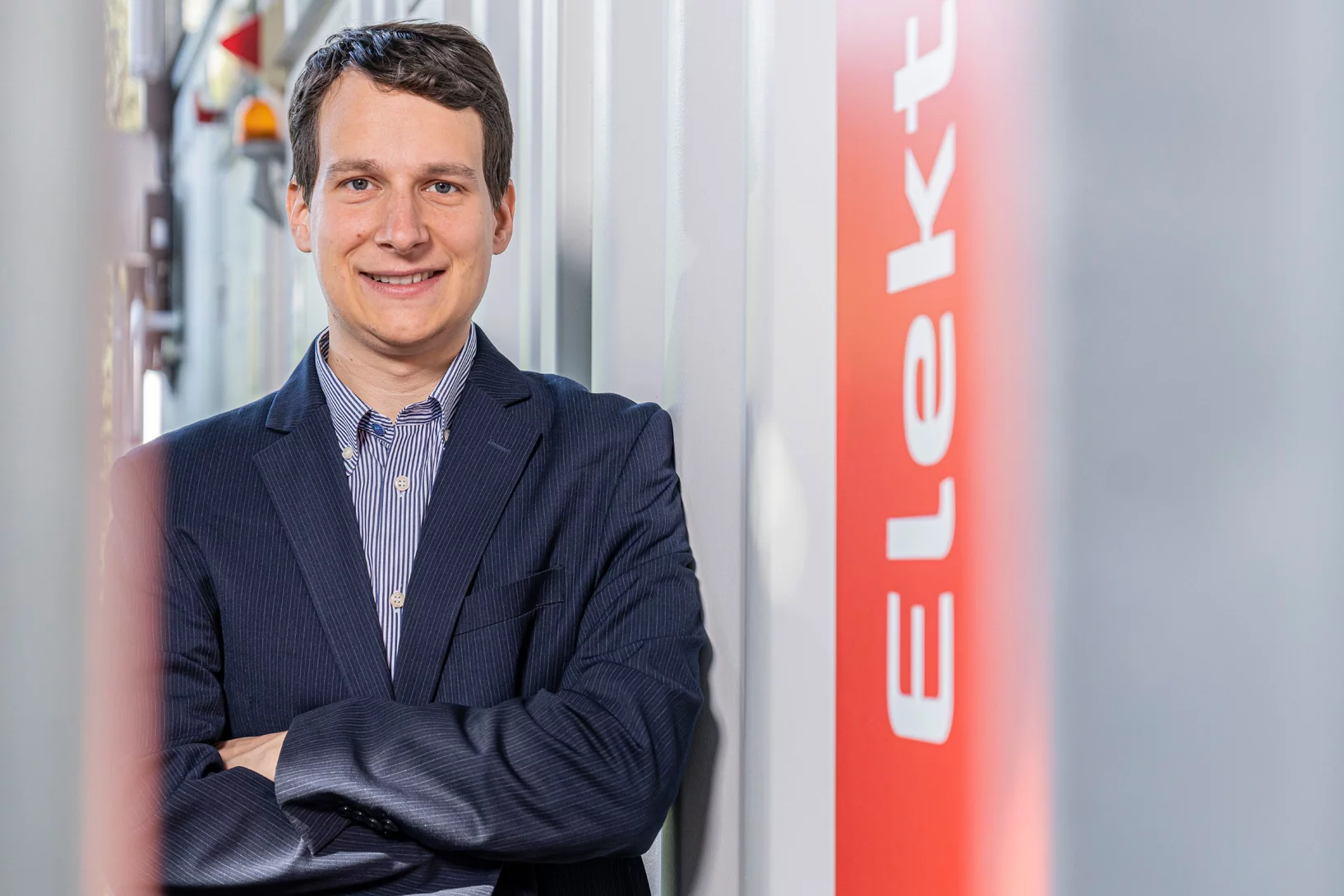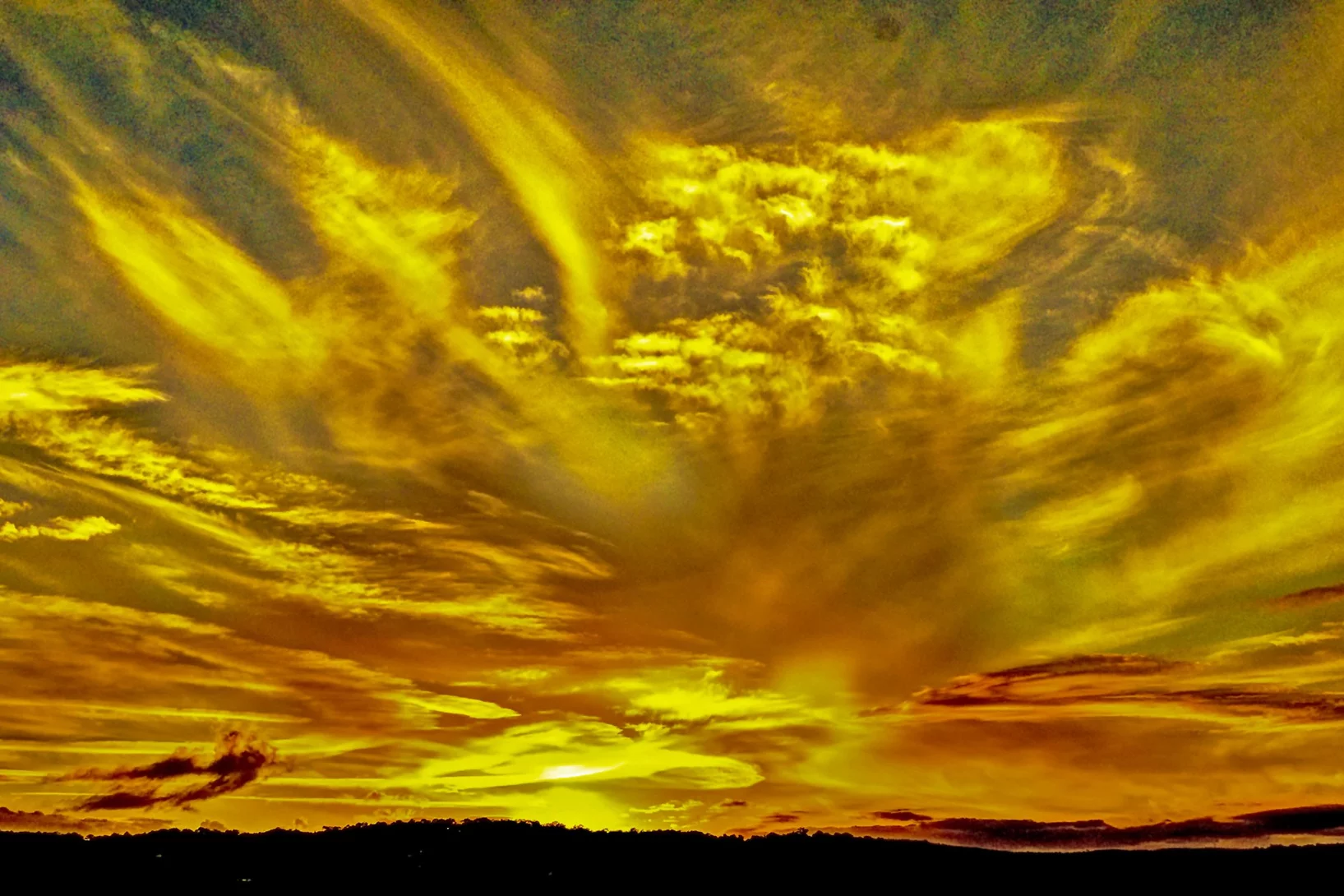Show filters
New Study Reveals Surprising Climate Benefits of Agriculture
The big challenges our planet faces—like climate change, food supply, water, and biodiversity—are all interlinked. While agriculture continues to be the primary source of food for human kind, it imposes climate challenges especially through emissions like greenhouse gases and ammonia. To solve this, we need a new approach that reduces the harmful effects of farming on the climate.
Better batteries for electric cars
PSI researchers make physical and chemical changes in batteries visible.
How trees influence cloud formation
Researchers at PSI have taken a closer look at a previously disregarded factor in the formation of clouds. This could improve the accuracy of climate forecasting.
How can cobalt be reduced in EV batteries?
The electrification of transport is increasing. This means, more batteries are needed. However, some of these batteries contain an extremely problematic raw material: cobalt. PSI is researching alternatives.
Revolutionizing Renewable Processes: Ambizione Grant Winner Emanuele Moioli
Emanuele Moioli is one of the recipients of the prestigious Ambizione Grant awarded by the Swiss National Science Foundation (SNSF) on a yearly basis. With the great news of his award having arrived in August 2022, Moioli embarks on the journey of his groundbreaking project titled “Moving catalyst vs. Multi-catalyst: determination of the best reactor for the processing of unconventional feedstock,” set to commence this August 2023.
Climate-neutral air travel: Is it possible?
Above all, meeting this goal will require sustainable fuels and a reduction in air traffic.
Switzerland’s path to the net-zero target
The ETH institutions are pooling their expertise in pursuit of the net-zero target.
Extreme nighttime pollution in New Delhi air explained
PSI researchers find the cause of high nighttime air pollution in New Delhi
A greener alternative for aviation fuel
Air travel with no carbon footprint – PSI and the Metafuels AG develop a new technology to produce sustainable aviation fuel.
Andrea Baccarini – Winner of the Prix de Quervain
Andrea Baccarini, former PhD at the Laboratory of Atmospheric Chemistry at PSI won the prestigious Prix de Quervain.
"The skills I had acquired during my PhD were 1 to 1 transferrable in my role as a Development Scientist"
Susan Taylor completed her PhD at the Laboratory for Electrochemistry at the Paul Scherrer Institute in 2017. Today she works as a Senior Analyst at S&P Global and reflects with us on her PhD years at PSI.
SynFuel Initiative Meeting
On November 7th, the SynFuel Initiative project meeting between PSI and Empa scientists took place. This was the first time the scientists involved in the collaboration met in person as this was not possible before due to the pandemic. The scientists presented their work on the sub-projects of the SynFuel Initiative to each other and had an exchange. The day ended with a tour of the SLS and GanyMeth.
How mixing of atmospheric aerosols affects the environment
Peering inside atmospheric particles provides clues to effects on climate and health, finds Paul Scherrer Institute and University of British Columbia study.
“More objectivity would be helpful”
The current energy debate could do with more facts and less gut feeling – argue Thomas J. Schmidt, renewables expert, and Andreas Pautz, nuclear energy specialist.
EXSA Young Scientist Award goes to Laura Torrent!
Dr. Laura Torrent, Postdoc at the laboratory for bioenergy and catalysis, was awarded the European X-ray Spectrometry Association (EXSA) Young Scientist Award 2022 at the PhD Level for her Doctoral Thesis entitled "Occurrence and behavior of silver nanoparticles in the environment: Analytical methodologies and laboratory studies".
Jungfraujoch Carbon Balance Campaign measures wildfire emissions from southern Europe
The Jungfraujoch Carbon Balance Campaign is a measuring campaign within the ACTRIS project. It is conducted by the Paul Scherrer Institute in collaboration with the Stiftung HFSJG, Empa, FHNW, as well as groups from Lille (France), York (England), and Aerosol d.o.o. (Slovenia). The campaign’s aim is to comprehensively measure and characterize the diversity of carbon-containing molecules present in the air in hopes to obtain helpful information on their role in climate and weather relevant processes.
Collecting ice cores before it's too late
PSI researcher Theo Jenk talks about the challenges of ice core research during the climate change crisis.
“A race against time”
At a conference the international ice core science community discusses the latest developments in their field.
Winner of the Schmauss Award 2022!
Imad El Haddad, scientific head (a.i.) of the lab of atmospheric chemistry at PSI, won the Schmauss Award 2022!
The Schmauss award, named after physicist and meteorologist August Schmauss is awarded by the Gesellschaft für Aerosolforschung (GAeF) to recognize outstanding research contributions in the field of atmospheric aerosol science.
A warm intrusion in the Arctic causes extreme pollution levels
Surprising data about pollutants in the Northern Hemisphere
Cooperation and licensing agreement between the Paul Scherrer Institute and Alphasynt
The Paul Scherrer Institute and Alphasynt have recently signed a cooperation- and licensing agreement. In doing so, the two pave the way for a fruitful collaboration in the commercialization of methanation.
Combining forces for the energy transition
The Paul Scherrer Institute PSI and the start-up AlphaSYNT are piloting a new approach for storing energy in the form of methane gas.
High-ranking visitor on the Jungfraujoch Research Station
On Friday 19th of August, US Ambassador to the Swiss confederation Scott Miller visited the Jungfraujoch, where PSI scientists conduct research at 3580 meters above sea level.
PSI’s own brand
Components made to order in PSI’s express workshop
PSI at the Swissmechanic Business Day
When: 6. September 2022, 9am - 6pm
Where: Halle 622 Zürich-Oerlikon
Topic: «ENERGIE – Geht der Schweiz der Strom aus?»
Language: German
On the Swissmechanic Business Day various renowned speakers offer perspectives from on the topic "ENERGY - Is Switzerland running out of electricity?". Innovations and products will be exhibited, including the Paul Scherrer Institute's ESI Cube - a mobile exhibit of the "Energy System Integration" experimental platform, which is available to research and industry partners. The Cube makes the complex topic of energy storage and conversion comprehensible in a playful way.
Marco Ranocchiari takes on the lead of the ESI project as of July 1st, 2022!
«I am very excited to lead a strategic project and the extraordinarily competent and innovative ESI team for PSI, to help contribute to the transition to net zero.»
European map of aerosol pollution can help improve human health
Researchers have measured and determined the sources of aerosol pollution at 22 locations in Europe.
Power-to-gas system for energy independence
New technology provides synthetic natural gas for domestic heating
Atmospheric globe-trotters
The CLOUD experiment reveals a new mechanism by which atmospheric particles form. The particles rapidly travel the world, globally impacting cloud formation and climate.
Deep learning to avoid weather disappointments
Saharan dust storms played havoc with weather predictions. Invertible neural networks to retrieve aerosol properties from light scattering data may help.
